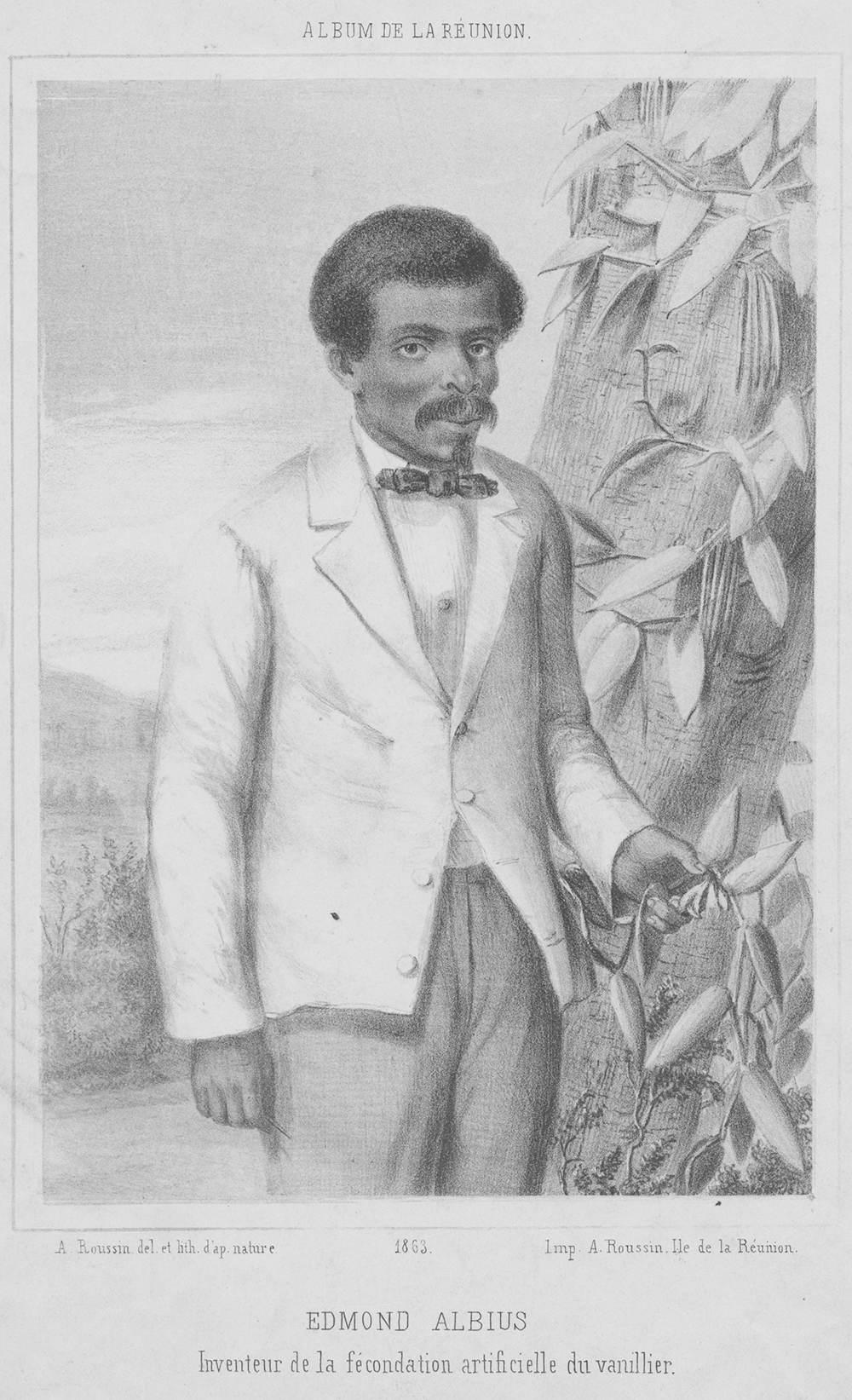By Rashad Bell, Nuala Caomhanach
Feb 20 2020
Black Botany: The Nature of Black Experience seeks to acknowledge the complex relationship between enslaved Black people, nature, and the colonial environment and reconsider the conscious omission of Black knowledge of the natural world.
In relation to the legacy of the history of botanical science and colonial histories, the absence of the Black experience perpetuates the ongoing exclusion of Black people within modern society, by whitewashing a history where racism, science, and colonial power were inherently entwined.
Many natural history collections held in museums of the western world have their origins in European colonialism. Their early specimens were often collected utilizing unacknowledged local labor, expertise, and knowledge; shipped to western scientific institutions on board merchant, slave, and trading mission ships.
How these museums now engage with this history is crucial in how they move forward to make their collections more accessible to a wider expert and non-expert audience. Using five plants—cotton, the peacock flower, rice, the peanut, and the vanilla orchid—this exhibit shows a different perspective on interpreting the history of natural history collections in relation to people of color.

